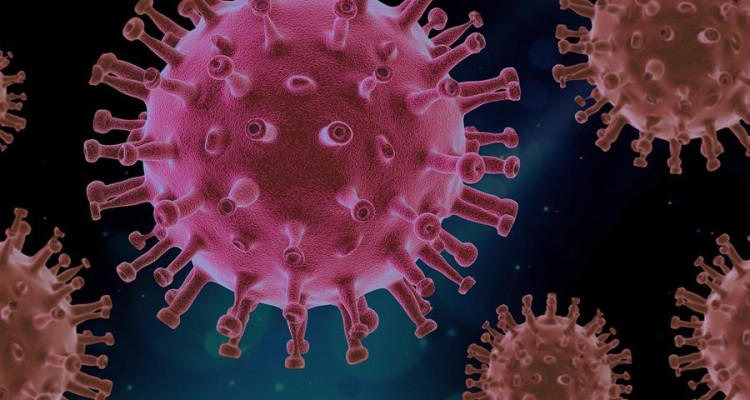U.S. health officials reported Wednesday that the country's first case of the novel Omicron coronavirus variant has been confirmed in California, less than a week after it was first found in South Africa.
The White House said that a person in California who had been vaccinated against COVID-19 became the first individual in the U.S. to have an identified case of the omicron strain, as scientists continue to research the risks posed by the new virus strain.
Dr. Anthony Fauci said the individual was a traveler who returned from South Africa on Nov. 22 and tested positive for HIV on Nov. 29. Fauci added that the individual had been vaccinated but had not received a booster dose and was suffering from "moderate symptoms."
Contact tracing has been undertaken, and all of the individual's close contacts have tested negative thus far, Fauci added. "We were well aware that it was only a question of time," he explained.
California Gov. Gavin Newsom said that the case was discovered using the state's large-scale testing and early detection mechanisms. "We should assume that it is also occurring in other states," the governor stated.
"There is no need for alarm," Newsom wrote on Twitter. "However, we must maintain vigilance. This suggests that we should get immunized. Get a booster shot. Indoors, use a mask."
President Joe Biden is developing the country's strategy for combating COVID-19 this winter, and individuals briefed on the topic told Reuters that one measure will be prolonging the requirement for travelers to wear masks until mid-March.
Insiders said an official statement is likely on Thursday. Additionally, the White House intends to unveil additional screening requirements for international visitors.
Airlines in the United States have been instructed to turn over the identities of passengers traveling from parts of southern Africa affected by Omicron, a letter seen by Reuters from the U.S. Centers for Disease Control and Prevention, showed.
The University of California, San Francisco performed the genomic sequencing, which was confirmed by the CDC.
Much about the new variety remains unknown, including if it is more contagious than earlier strains, whether it causes more severe illness, and whether it may evade the vaccine.
South Africa initially reported the Omicron variant, designated B.1.1.529, to the World Health Organization on Nov. 24. On Friday, the WHO designated Omicron as a "variant of concern" because of the virus's fast mutation rate, which may enable it to resist immunizations and spread more easily.






